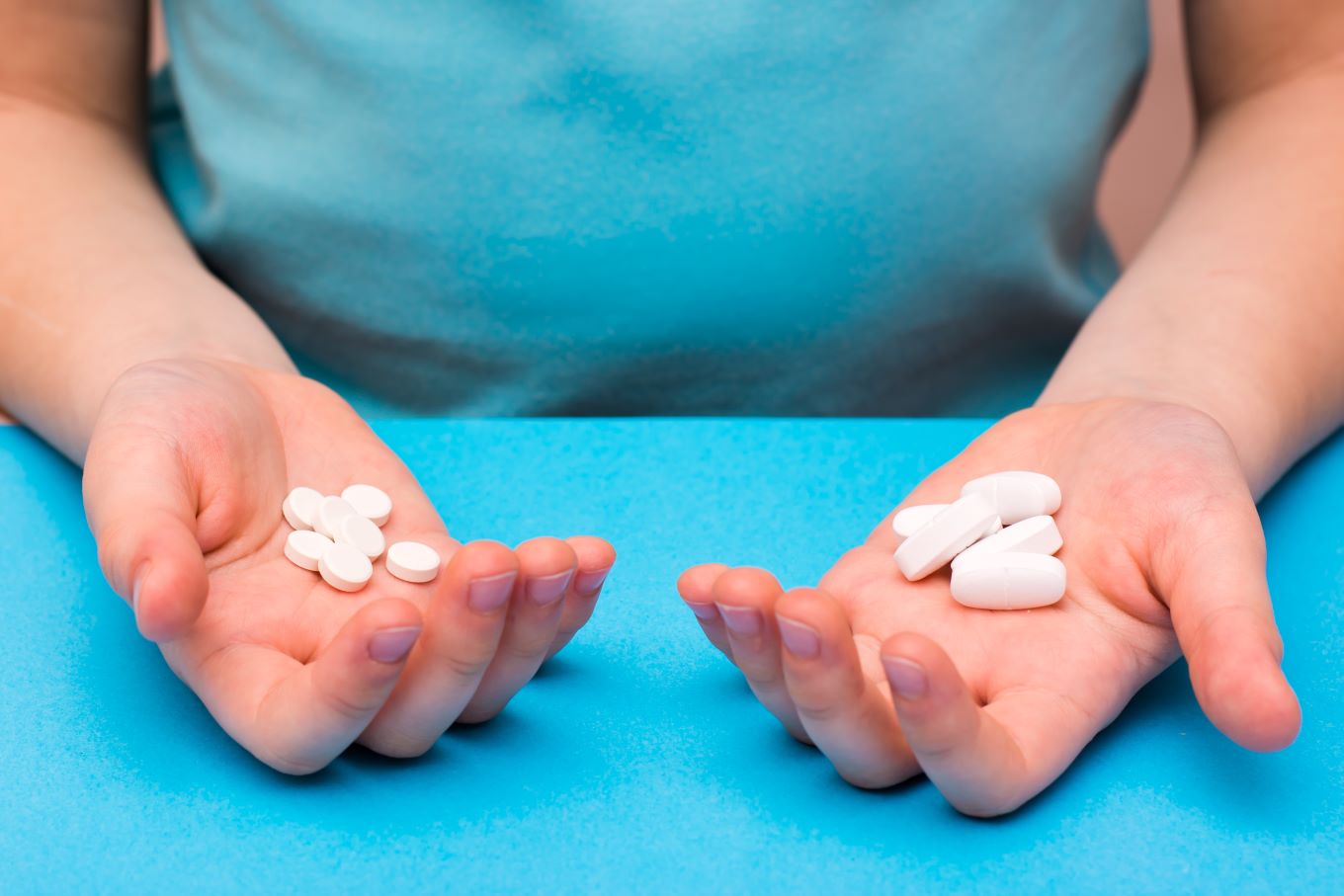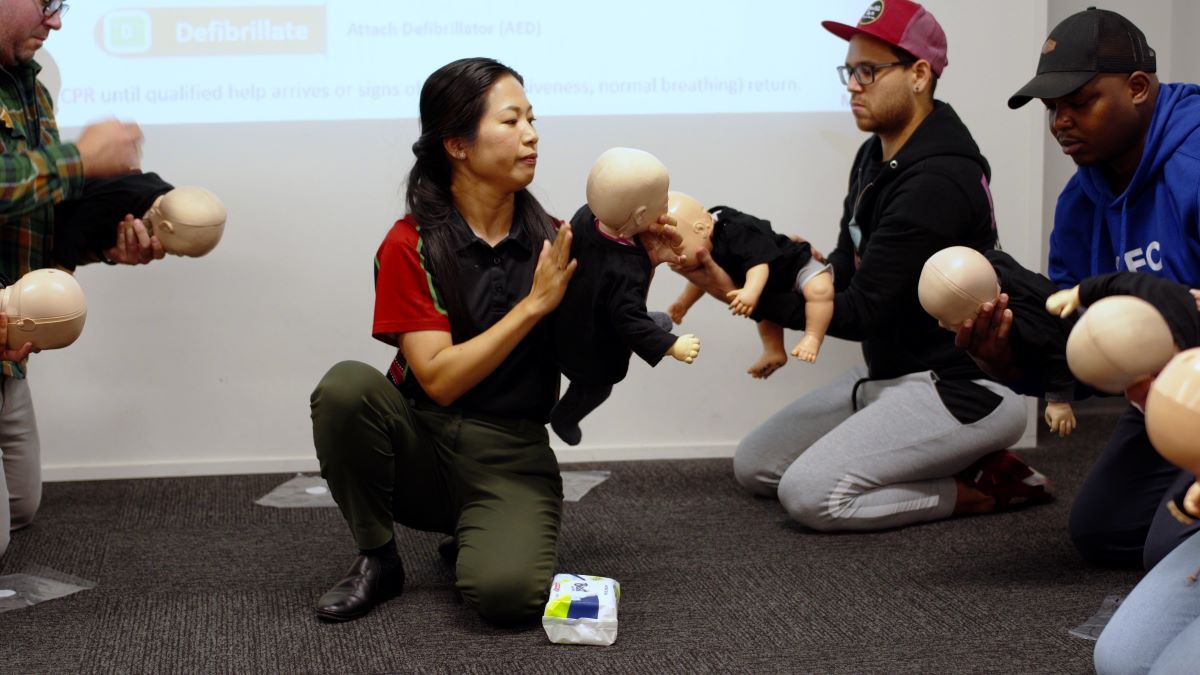ADHD falls into the category of mental illness that causes children to be more hyperactive and impulsive beyond what is normal for their age.
It also makes it harder for them to develop skills that help control emotions, behaviour, focus, and activity. As a result, many parents have difficulty managing their condition.
What is ADHD
Attention Deficit Hyperactivity Disorder (ADHD) is one of the most common mental disorders affecting children and adults.
Symptoms of ADHD are divided into different categories. These include inattention or problem with focus, hyperactivity, and impulsivity (doing actions without thoughts).
One in every 20 Australians is diagnosed with ADHD, mostly in men than women. The condition is first identified in school-age children and will continue to experience symptoms into adulthood.
In severe cases, attention deficit hyperactivity disorder can result in disruption in the classroom or problems with getting along with others.
The Causes of ADHD
Health experts have not yet identified the specific causes of ADHD. However, there is evidence that this mental disorder has something to do with genetics.
As per research, three out of four children diagnosed with this condition somewhat have a relative with the same disorder.
Other health factors and lifestyle practices may contribute to the development of ADHD. These include traumatic brain injuries (TBI) and being born prematurely. A mother smoking, using alcohol, or experiencing extreme stress throughout pregnancy can also cause this condition.
Positive Parenting Tips for Kids with ADHD
Here, we explore ways to promote positive parenting for kids with ADHD.
Know how the condition affects the child.
Every child is different, and symptoms may exhibit differently. It is crucial to identify the problems a child will encounter due to their condition and how it affects various aspects of their life.
For example, some children will have difficulty paying attention and listening, while others need to slow down in whatever they are doing.
For the best advice, it is best to ask a doctor or a child therapist for ways to help them improve.
Maintain a positive attitude.
The best assets a parent can have to meet the challenges of ADHD are having a positive attitude and common sense.
Parent who is calm and focused are more likely to connect with their children, helping them overcome symptoms brought by the condition.
Provide clear directions and limits
A child with ADHD will need to know their limits and what others expect from them.
Some kids with this condition have problems reading between the lines and perform better with knowing precisely what they need to do and control.
Working with a child doctor or any GP, in general, can help narrow a few specific behaviours. They can also help set limits and provide a consistent follow-through of actions with consequences.
Talk about it.
Encouraging open communication with a child about ADHD can help them better understand that it is nobody’s fault, nor it is a flaw. Talking about it can encourage ways to improve the condition and its causes.
Counselling
Let’s face it – sometimes a parent cannot do it all. There are instances where a child will need professional help.
Find a therapist specialising in individual counselling and is working well with children. Help from professionals can help both children and parents manage stress and anxiety.
Connect with others for support and awareness.
Find a support organisation that raises awareness and supports people with ADHD. In that group, one can learn from the experiences of other parents in raising a child with attention deficit hyperactivity disorder.
Be involved.
Be involved in the child’s journey by learning everything about ADHD.
There is a great deal of information regarding the diagnosis and treatment of this condition. However, not all are based on scientific evidence. Learn to distinguish accurate information from what is not.
Per the latest research, there is still no permanent cure for ADHD. The good news is that there are positive steps to reduce its impact.
Conclusion
ADHD is believed to be hereditary and has something to do with genetics. However, effective management of mental health in children can affect the severity of the disorder and may prevent serious consequences over time.
The earlier we address ADHD and its negative impact on a child, the more likely it will prevent them from experiencing school and social failures. It also aims to discourage poor self-esteem and underachievement for people with this condition, leading to delinquency or substance abuse.
Although this condition can make life seem challenging at times, parents play an important role in fostering an environment where a child is built up for success.
Learn more about ADHD and other mental disorders in a Mental Health First Aid Course.







